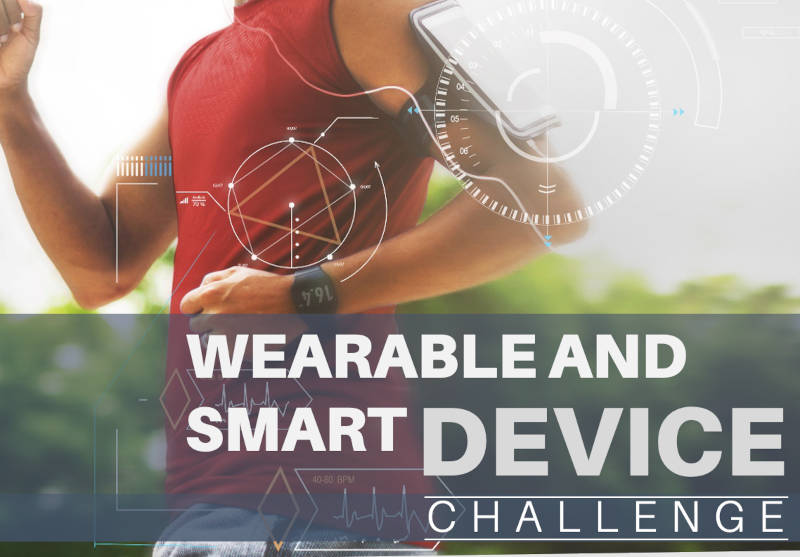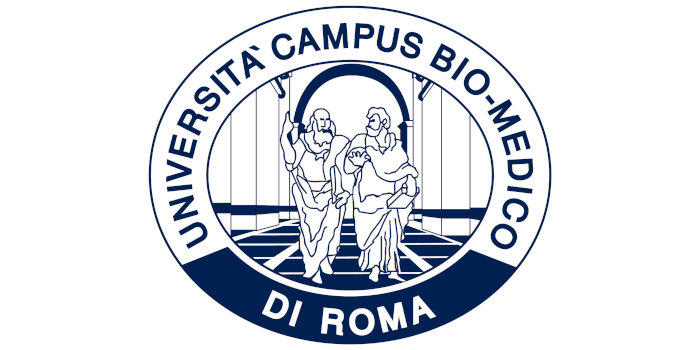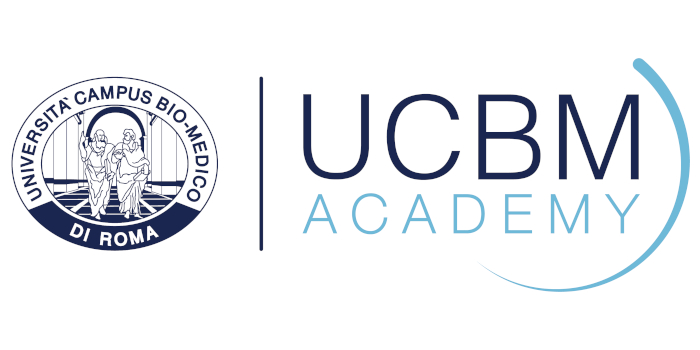CHALLENGE - OCTOBER 27, 2025 - H 18.00
Recent years have seen a rapid increase in the development of smart and wearable systems. Such devices are centered around the human body with the aim of making technology as usable and less invasive as possible for the user.
Within this frame, this challenge aim at fostering the development of smart wearable devices to enhance the quality of human life by providing reliable and non-invasive measurements about different variables such as physiological and behavioral parameters.
Wearable and Smart Device Challenge is organized in the framework of the 2025 IEEE International Workshop on Biomedical Applications, Technologies and Sensors (IEEE BATS 2025). The competition is opened to all students (BSc, MSc or PhD) who are called to form teams composed by maximum 5 members.

THE CHALLENGE
The main objective of the challenge is to design and develop a wearable or smart system able to address at least one of the following points:
- Monitor one or more vital parameters (e.g., respiratory frequency and heart activity)
- Monitor kinematic parameters (e.g., neck, wrist, and elbow movements)
- Measure other physiological parameter of interest (e.g., body temperature and blood pressure)
- Monitor parameters related to daily life activities (e.g. action recognition)
Measurement of such variables involves the integration, into the wearable or smart devices, of a sensor/s able to monitor these parameters. Not limited to this, accordingly to the devices mindset, the sensor should be portable and able to send data wireless. Each team is free to choose the sensors used to instrument the device.
On the day of the conference, each group will have approximately 15 minutes in total to deliver a general presentation of the proposed system (which could be supported by slides) followed by a live demonstration to showcase its real-time operation.
Each group will be evaluated by the evaluation committee according to the following criteria:
- Ease of assembly: How simple and practical it is to assemble and set up the device.
- Performance: How well the system works in terms of accuracy, reliability, and overall functionality.
- Originality: The level of creativity and innovation shown in the idea and design.
- Effectiveness of the presentation: How clearly and effectively the team explains and presents the project.
REGISTRATION
Participation to the challenge is free of charge for students and conference attendees. The registration is mandatory.
CLICK HERE TO REGISTEREVALUATION COMMITTEE
Vincenzo Lavorgna, Università Campus Bio-Medico di Roma
Martina Pulcinelli, Università Campus Bio-Medico di Roma
Vincenzo Saroli, Università Campus Bio-Medico di Roma
Isabel Moscol, Università Campus Bio-Medico di Roma
Emiliano Schena, Università Campus Bio-Medico di Roma
Salvatore Andrea Pullano, University of Catanzaro




